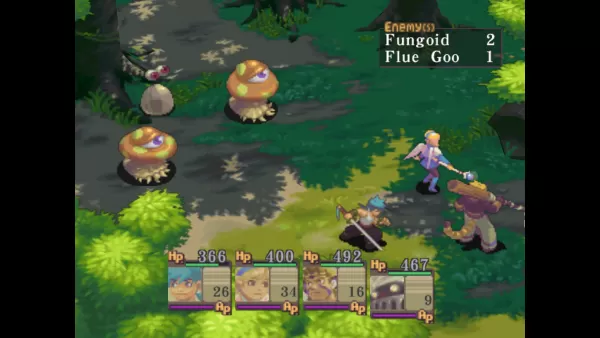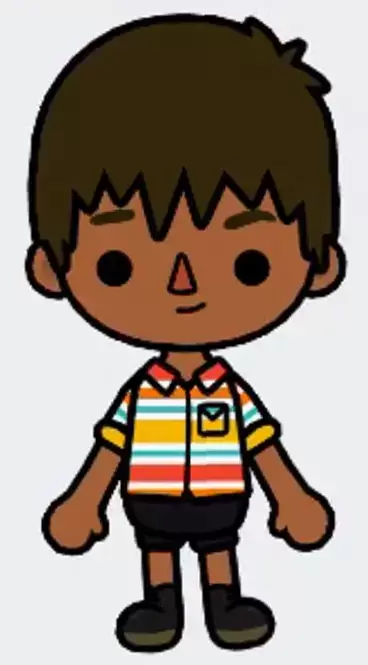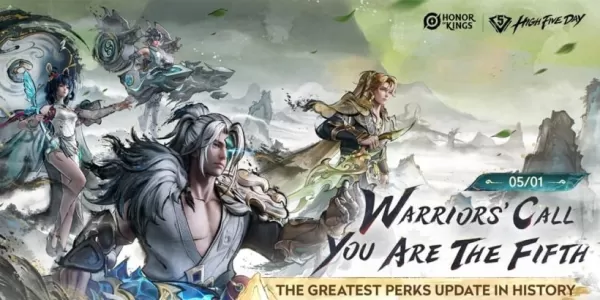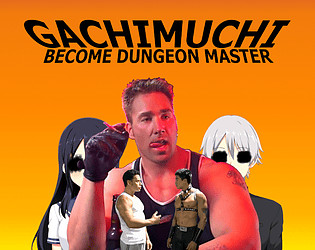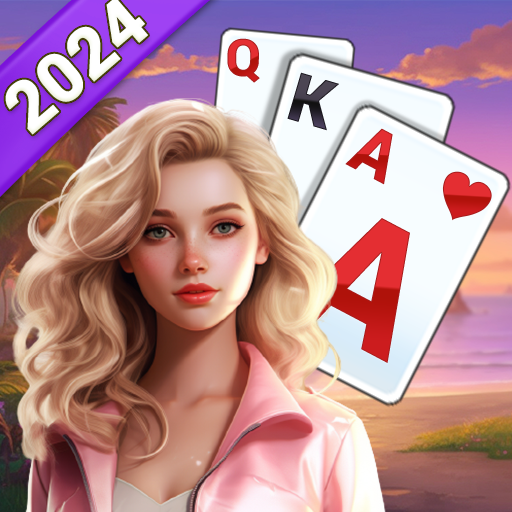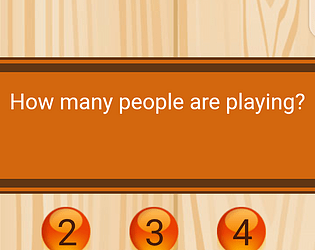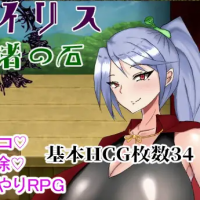Hideo Kojima’s Japanese radio podcast KOJI10 offers a fascinating glimpse into the mind behind iconic games like Metal Gear Solid and Death Stranding. In the latest episode (Episode 17), Kojima delves into the innovative use of real-time progression in video games. He not only revisits time-related mechanics from his past projects but also unveils unused concepts, including one that was cut from the highly anticipated Death Stranding 2: On The Beach.
Kojima is well-known for integrating the console or PC's internal clock into gameplay, creating a more immersive experience. He references two notable examples from 2004's Metal Gear Solid 3: Snake Eater on the PS2. To enhance the survival aspect set in a jungle environment, perishable food items would spoil after a few days in real life. Consuming spoiled food could severely impact Snake's health, or players could creatively use it as a weapon against hungry enemies.
Death Stranding 2 Cast
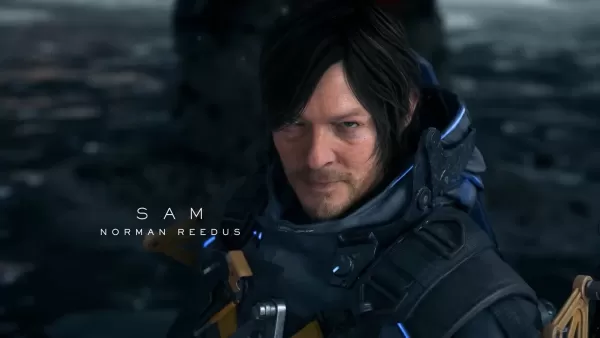
 View 14 Images
View 14 Images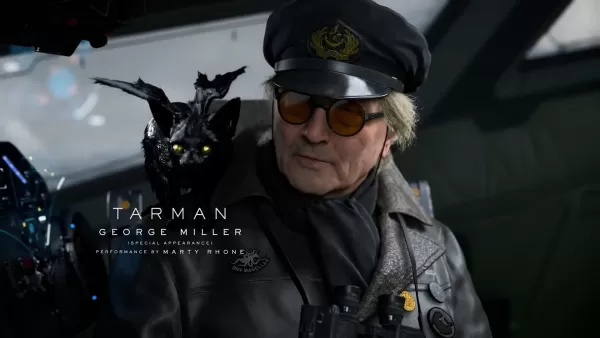


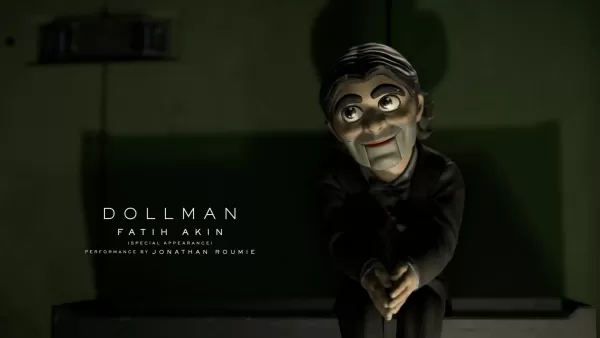
Another inventive use of the system clock was in the cat-and-mouse boss battle with the elderly sniper The End. Kojima recalls, "Although he is a really tough boss, if the player waits a week, The End will die of old age." Players who load their save after a week would witness a cutscene where Snake finds The End deceased, showcasing Kojima’s unique approach to gameplay mechanics.
Kojima also shared a concept he considered for Death Stranding 2, involving character appearance changes over time. "Originally in Death Stranding 2, I was going to have Sam’s beard gradually grow out over time, and the player would have to shave it," he said. "If they didn’t, Sam would end up looking unkempt." However, due to Norman Reedus's star status, Kojima decided against it to maintain the character's cool image. Yet, he remains open to exploring this mechanic in future projects.
Kojima introduced three new game concepts centered around real-time progression. The first concept is akin to a "game of life," where players start as a child and age to become an elderly character. "In the game, you fight various enemies," Kojima explained. "Like with the previous example (MGS3’s The End), if you keep playing the game, you will become a 70 or 80 year old man. However, at this age you will be weaker, your eyesight will worsen." Younger characters would have physical advantages, while older ones would benefit from experience, affecting strategic gameplay. Despite doubts about its commercial viability, the idea sparked enthusiasm among the podcast's participants.
Another proposed game involves players nurturing products like wine or cheese, requiring long-term engagement, suitable for a background or idle game experience.
On the other hand, Kojima envisioned a "forgetting game" where the main character's memory and skills deteriorate if the player takes breaks. "If you don’t play every day, the main character will gradually forget things such as how to fire their gun or what their job is," he noted. This mechanic would compel players to play continuously, humorously suggesting they might need to take time off from work or school to keep up.
As fans eagerly await Death Stranding 2, set for release on June 26, many will be planning their time off. For more insights into the upcoming title, don't miss our interview with Kojima and our impressions after playing through the first 30 hours.

